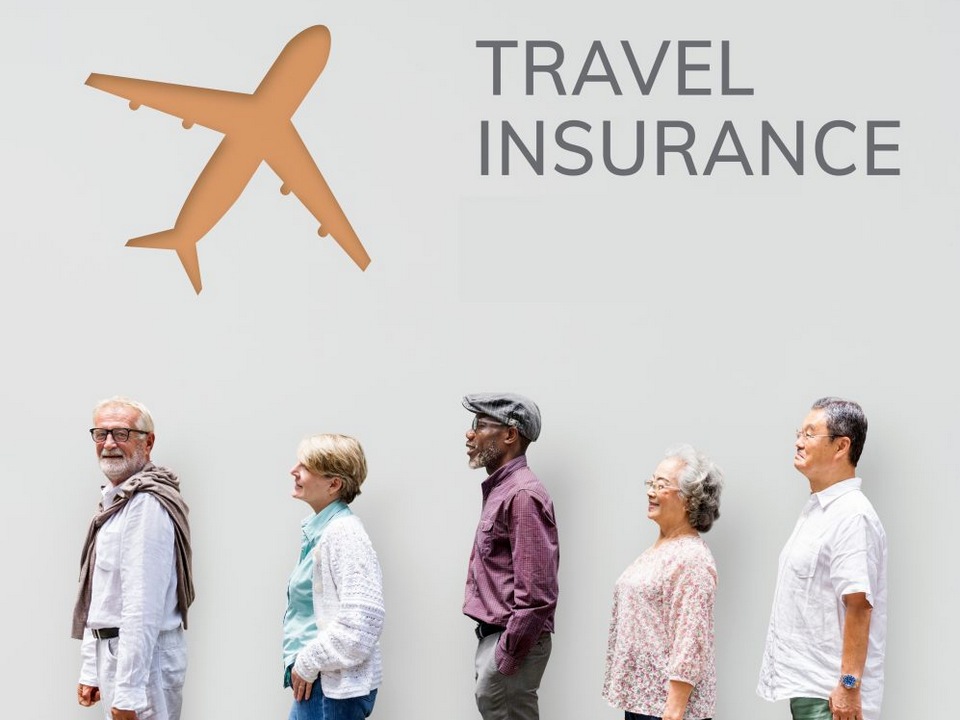
The unfortunate British tourist Pamela Gatehouse is facing medical and repatriation costs of around 80,000 pounds (3 million baht) and much more if a private plane evacuation proves necessary. Her husband says their travel insurance proved worthless because they visited India before Thailand, a technicality which invalidated all claims.
Inevitably, the British embassy was contacted but there is no slush fund to cover non-insured tourists or expats. Indeed, the Foreign, Commonwealth and Development Office in London has in the past pointed out that British taxpayers cannot, and should not, subsidize overseas tragedies no matter how pitiful. Any other policy, of course, would open the floodgates as Brits abroad would queue up in huge numbers to benefit from the unexpected generosity.
Gofundme might help a bit – it has provided over 7,000 pounds (30,000 baht) to date in the Gatehouse case. Traditionally, most of the cash in medical emergencies is volunteered in the first few days, soon drying up. The only other routes to try are compassionate friends and relatives back in the UK or negotiations with the private hospital to arrange a discount. There have been examples where hospital administrators have knocked off 10 percent as the case nears outpatient status. Worth a try.
It is a common myth that travel insurance, which the Gatehouses paid for, covers any and all medical issues abroad. Allianz Travel Insurance points out that “if a situation is not specified in the terms, it’s not covered”. Claims are regularly rejected because of ambiguous terms such as pre-existing conditions, foreseeable events and risky behaviour. Travel insurance is a competitive, even cut-throat industry, with companies trying to look as cheap as possible whilst maximizing their own escape clauses.
In the past 12 months, Brits in Thai hospitals for serious operations (assuming they had any insurance) have been rejected by their cover companies for not wearing a crash helmet, failing breath or drugs tests, negligence in personal conduct, inadequate vehicle insurance, self-incrimination (overstaying a visa), failure to return regularly to UK, refusal to accept outpatient treatment when offered and a host of other phrases which disguise the horror of individuals’ misfortunes.
As regards compulsory medical insurance, Thai authorities are diffident. Cheap package deals for the millions from India, China and Russia would rise in cost if mandatory cover was introduced. A few expat visas such as the 10-year Long Term Residence and work authorizations require it, but well over 90 percent of foreigners can visit without any insurance requirement. Meanwhile, the Thai health authorities regularly grumble about foreigners’ unpaid bills.
In early 2024, the Thai government launched a medical support scheme for foreign tourists which was centrally funded with 50 million baht (11 million UK). It was discretionary, complicated and not well publicized after the initial press conferences. There were the usual warnings about carelessness, intention to take part in an illegal activity or risky conduct. Much of the fund was spent on compensation for the relatives of foreigners who died in traffic accidents. The scheme ran until December 2024 but has not been renewed so far as is known.
A recurrent promise of the government has been to introduced a travel tax of 300 baht (7 pounds) on all foreigners arriving in Thailand. The revenue would be used to repair or renovate public monuments visited by tourists with a smaller percentage perhaps paying the costs of foreigners’ accidents. Maybe anyway. But there has been no travel surcharge to date and no recent announcements. When it comes to significant medical treatment in any south east Asian country, you are essentially on your own. On the other hand, 99 percent of travellers won’t have a problem.










